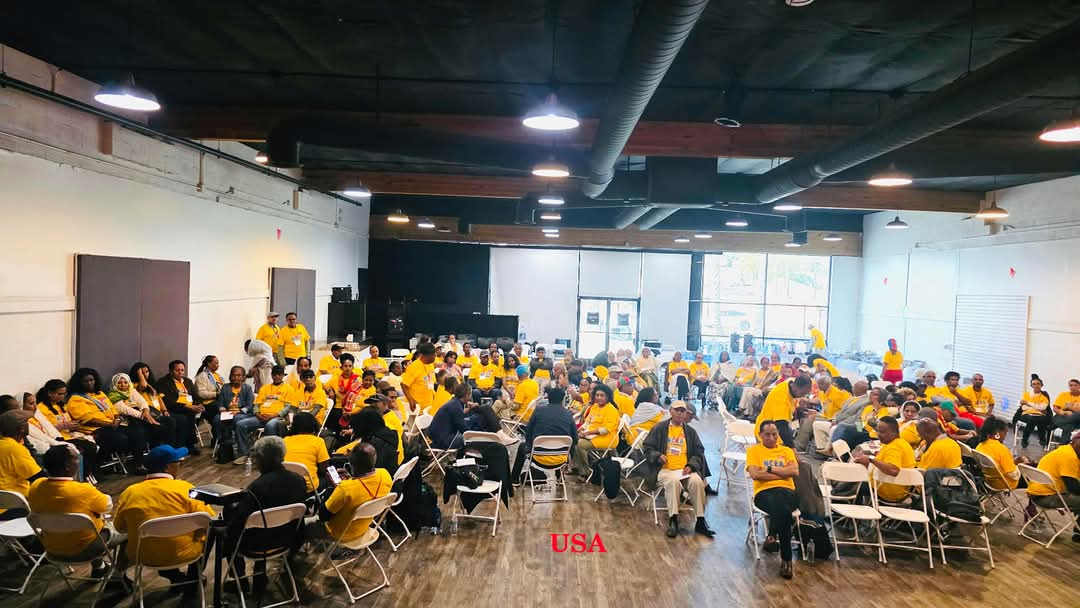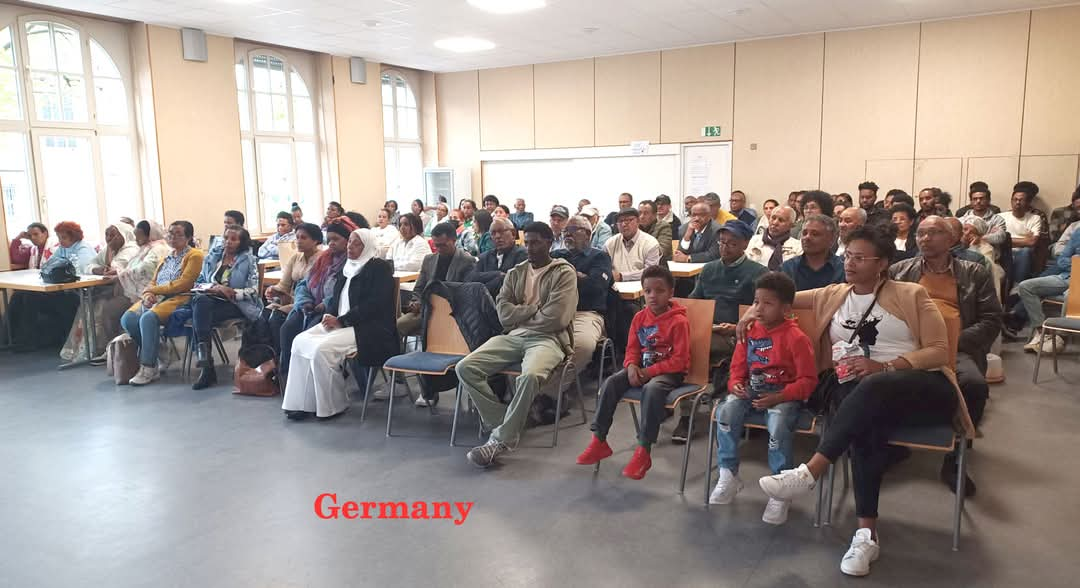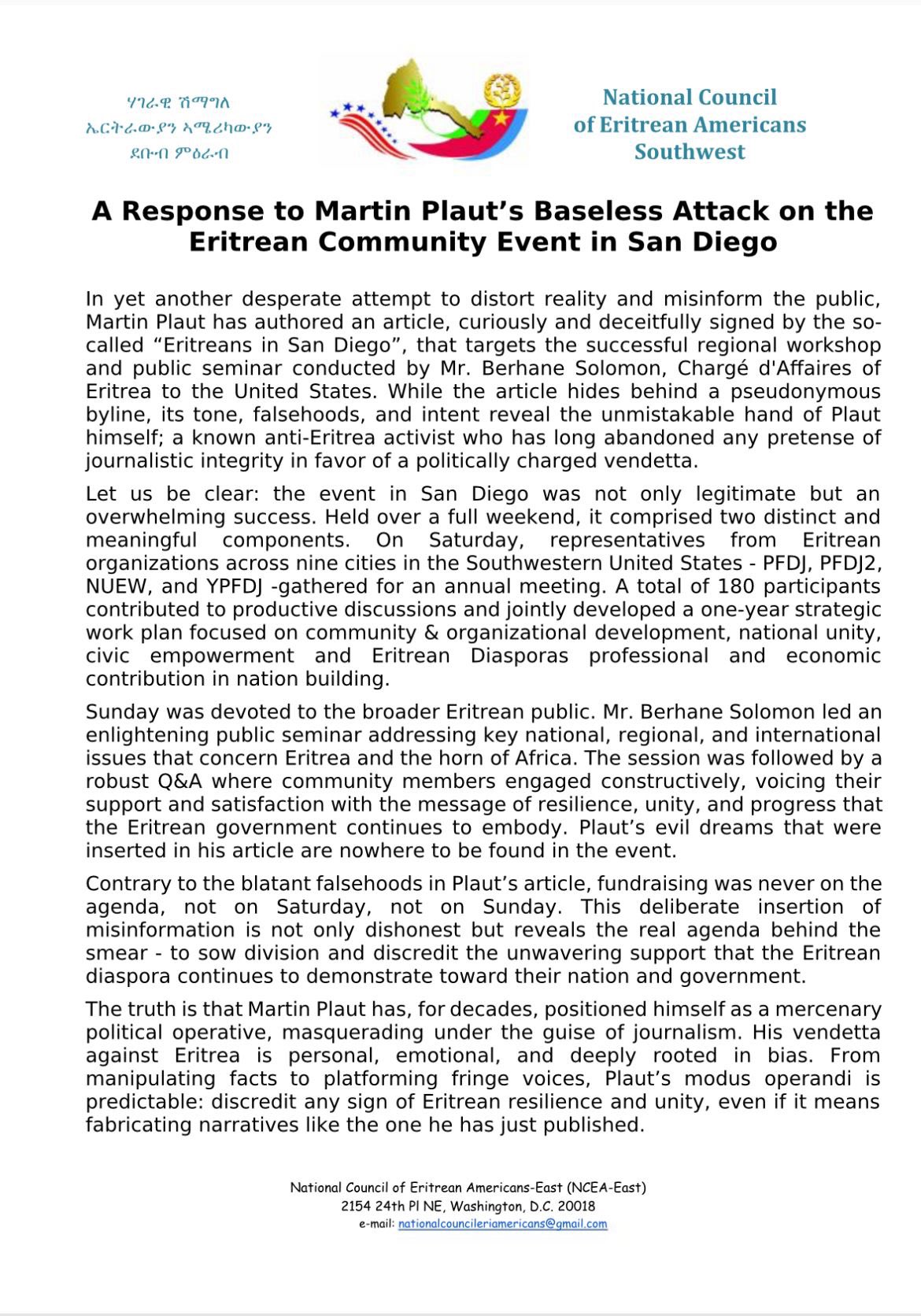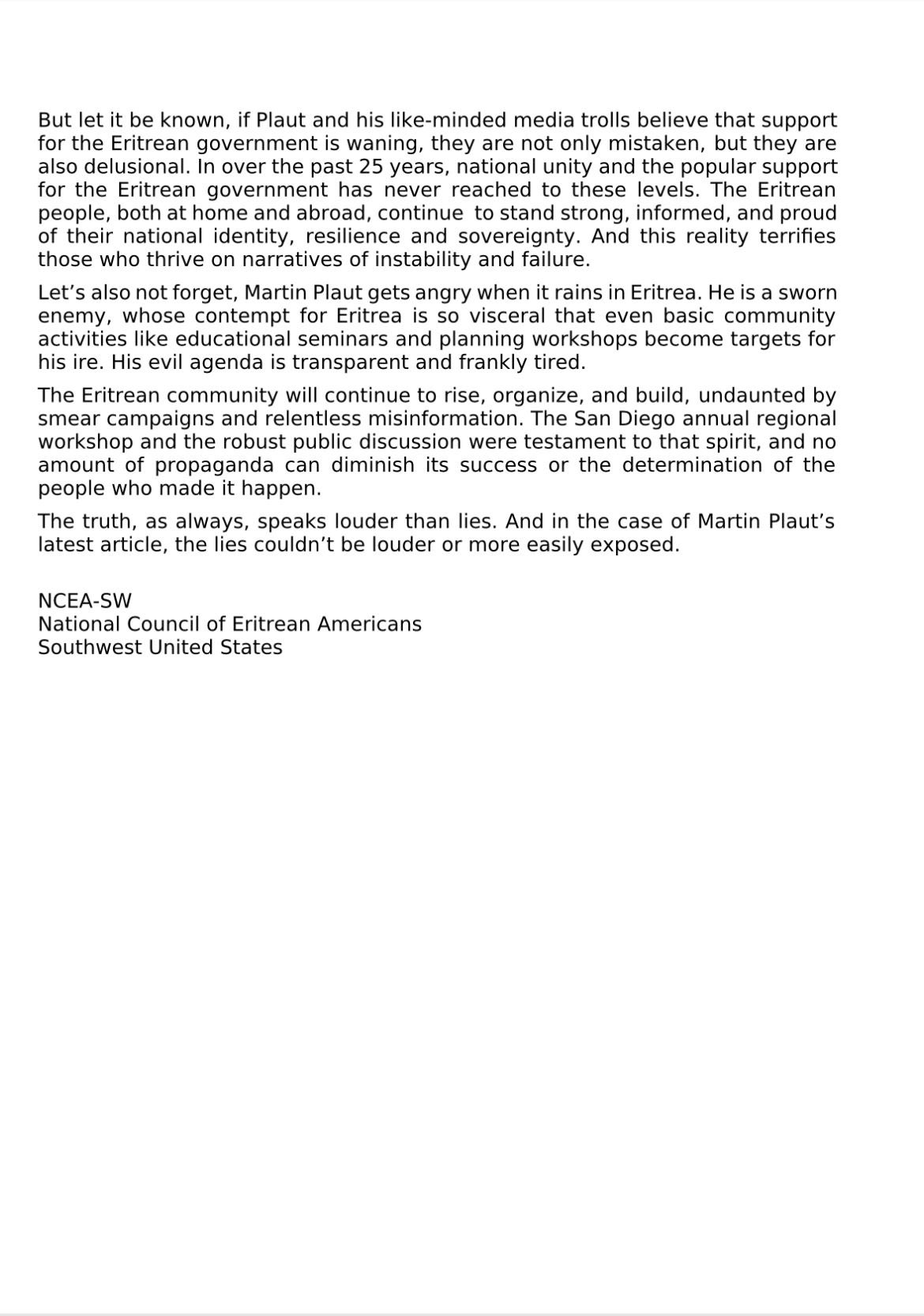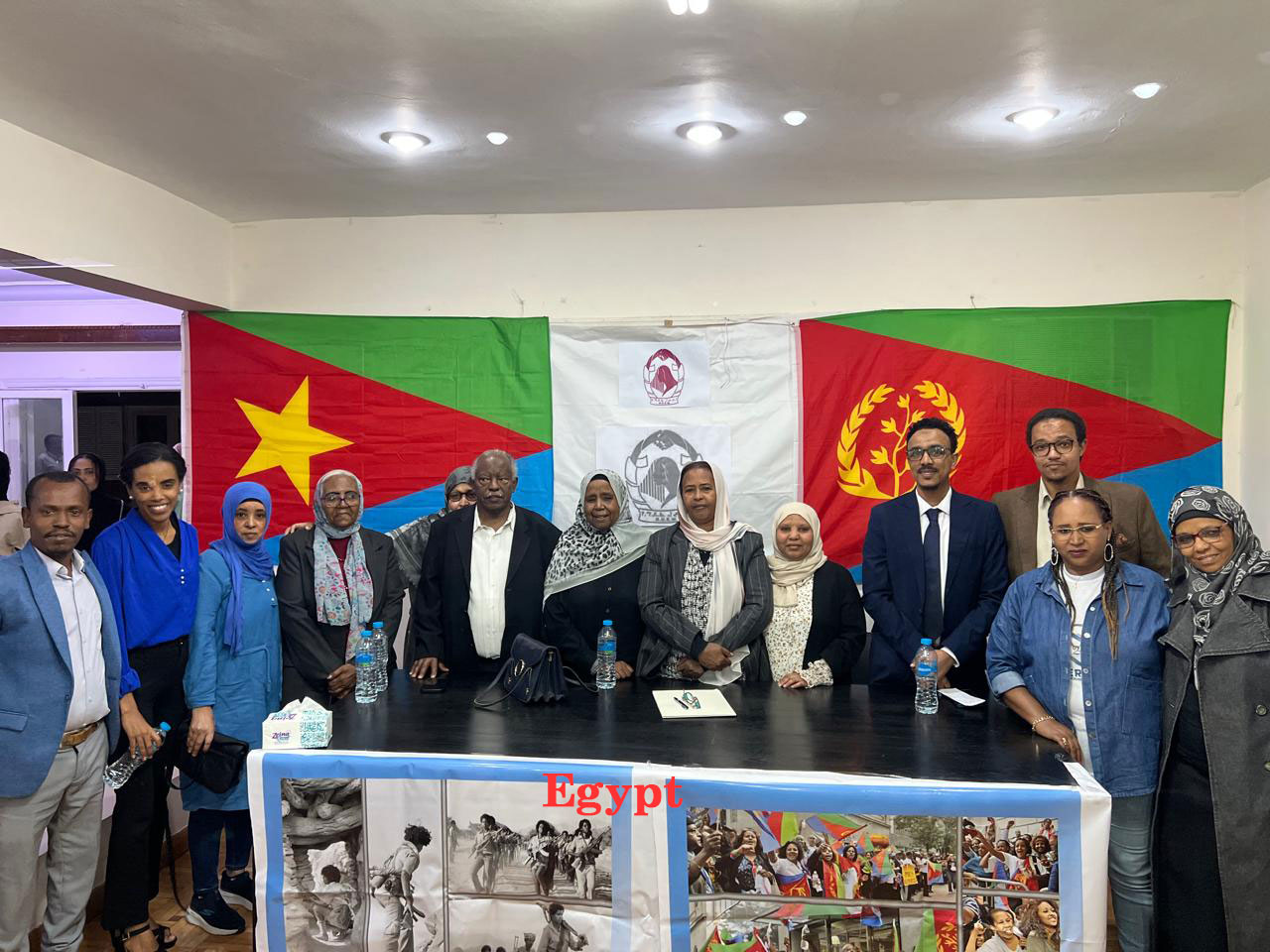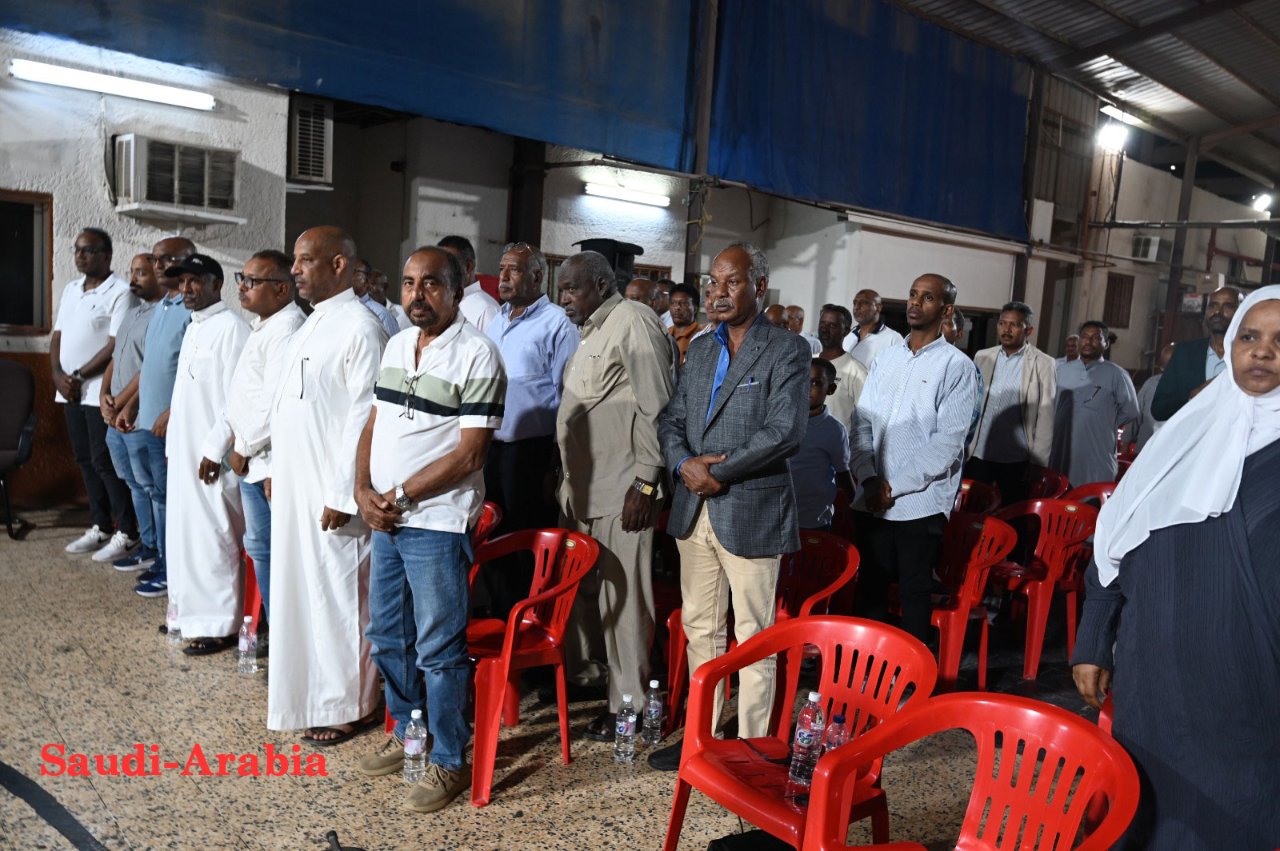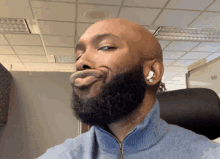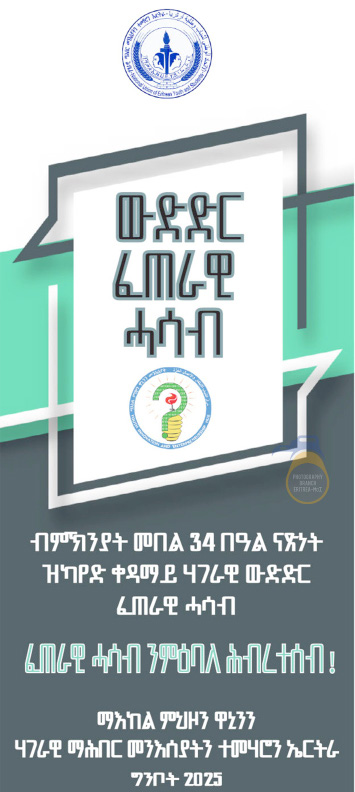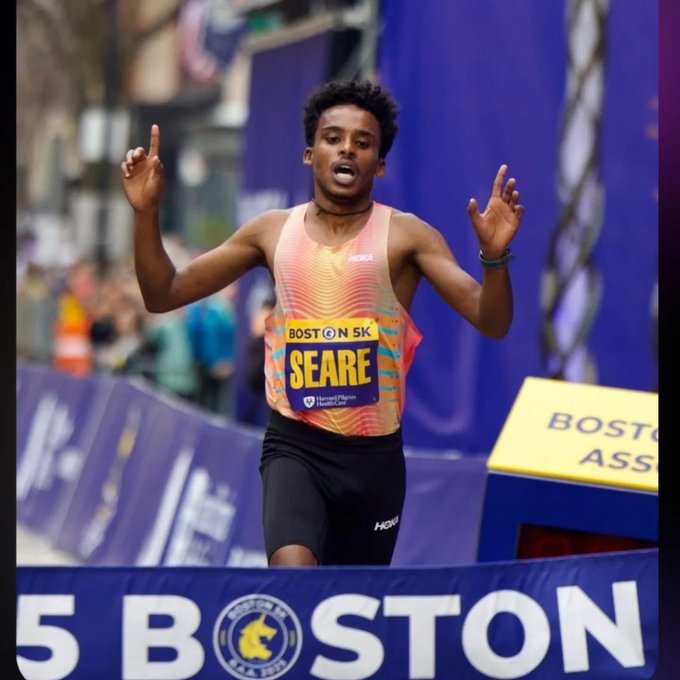 Q & A
“The Sheer Resilience of the Eritrean People Attracted me to Eritrea”: A Conversation with Dirk Volgesang, Chairman of the German-Eritrean Society
By Sabrina Solomon
https://shabait.com/2025/04/19/the-shee ... n-society/
Apr 19, 2025
Q & A
“The Sheer Resilience of the Eritrean People Attracted me to Eritrea”: A Conversation with Dirk Volgesang, Chairman of the German-Eritrean Society
By Sabrina Solomon
https://shabait.com/2025/04/19/the-shee ... n-society/
Apr 19, 2025
 The German-Eritrean Society (DEG) serves as a unifying platform for individuals, groups, and institutions in Germany with a shared interest in fostering positive relations with Eritrea and its people. The DEG aims to raise public awareness and counter prevailing negative narratives by connecting and coordinating diverse activities focused on Eritrea. We spoke with Mr. Dirk Volgesang, the articulate chairman of the DEG, to delve into the society’s origins and mission, and his insights on the ties between Germany and Eritrea.
Mr. Volgesang, what sparked your interest in Eritrea and its unique journey? How did your involvement with Eritrean issues begin?
The German-Eritrean Society (DEG) serves as a unifying platform for individuals, groups, and institutions in Germany with a shared interest in fostering positive relations with Eritrea and its people. The DEG aims to raise public awareness and counter prevailing negative narratives by connecting and coordinating diverse activities focused on Eritrea. We spoke with Mr. Dirk Volgesang, the articulate chairman of the DEG, to delve into the society’s origins and mission, and his insights on the ties between Germany and Eritrea.
Mr. Volgesang, what sparked your interest in Eritrea and its unique journey? How did your involvement with Eritrean issues begin?
My connection began in the late 1970s, around 1978, during my studies in West Berlin. Like many students at the time, I supported liberation movements globally. However, we soon recognized something distinct about the Eritrean People’s Liberation Front (EPLF) and the Eritrean struggle. We learned they weren’t solely engaged in armed conflict, but were actively constructing a new society in their liberated territories. This was incredibly compelling. The EPLF’s commitment extended far beyond military efforts to encompass healthcare, education programs, and campaigns against practices like Female Genital Mutilation – all while fighting for independence. This multifaceted approach, was the initial draw for me and my peers.
Another significant aspect was the sheer resilience of the Eritrean struggle against formidable adversaries: first
Haile Selassie, then
Mengistu Haile Mariam, each backed by major global powers, the US and the Soviet Union, respectively. It was a David-and-Goliath scenario, that captivated us. How could the EPLF sustain this struggle, seemingly alone, with such capacity and determination? This question, ignited our deep interest in Eritrea.
Can you share a specific moment or experience in Eritrea, that left a lasting impression on you?
There are indeed many. On one visit to Keren, I witnessed a minor dispute between a farmer and a well-dressed businessman vying for a taxi. What struck me profoundly, was their complete absence of anger or insults. Moreover, the bystanders, including the taxi driver, remained impartial. Eventually, one of them left, and the other took the cab. I turned to my friend, quite taken aback, and exclaimed, “
Did you see that?” My friend replied,
Yes, but this is Eritrea. We are all equal here, regardless of ethnicity, wealth, clothing, or disability. Our fathers and mothers sacrificed their lives for equality above all.
This moment deeply resonated with me and solidified my understanding of Eritrean values.
Another unforgettable experience was during the May 24th independence celebrations. I kept urging my friend,
Let’s go, we’ll be late for the most important celebration!
He responded,
This isn’t the most important day in Eritrea; that’s June 20th, Martyrs’ Day.
(He must have said that to emphasize the enormous sacrifices Eritrea has paid to assert its inalienable national and human rights).
I later had the opportunity to witness the Martyrs’ Day commemoration, and it moved me to tears. The atmosphere was so solemn and dignified. While I had felt a connection to Eritrea for a long time, moments like these deepened that bond immeasurably.
You are the chairman of the German-Eritrean Society (DEG). When was the DEG founded, and what was its original mission? How has the organization evolved?
Following Eritrea’s liberation in 1991, significant support for the nascent nation-building process came from people in Germany, Europe, and the diaspora. This initial support was primarily focused on humanitarian aid. However, the border war in 1998 was a significant turning point. Before that, we had an eleven-year German-Eritrean Friendship Association, rooted in the spirit of solidarity. However, the conflict caused a split within the organization due to differing perspectives.
We had to regroup, and the result was the formation of the DEG. The German-Eritrean Society’s focus shifted from primarily humanitarian aid to showcasing the genuine reality of Eritrea. Our core mission is to actively counter Eritrea’s distorted and negative portrayals. With our limited resources, we strive to challenge these false narratives often perpetuated through unverified information. Many simply copy and paste existing negative stories about Eritrea without conducting their research. We aim to provide support, even in a small way, to those who seek to isolate and contain Eritrea.
This negative portrayal will eventually change as statistics and objective evaluations reveal a different picture. People are beginning to notice inconsistencies. How can a country consistently labeled as lagging behind have some of the highest life expectancy rates in Africa, along with impressive birth rates and low infant and maternal mortality rates? Across various sectors, Eritrea often ranks at the top or among the leaders. This is the reality the DEG seeks to highlight, often in collaboration with other like-minded individuals and organizations. We believe this work is crucial.
How does the DEG engage with Eritrean diaspora communities and Germans interested in Eritrea?
The DEG’s membership comprises both Germans and Eritreans. We strongly understand the diaspora’s structure across Europe and globally. We share many objectives, and we collaborate on various initiatives, including lobbying for Eritrea, fostering dialogue, networking, holding informational meetings, and providing platforms for people to learn about Eritrea firsthand. We work closely with existing Eritrean organizations within the diaspora.
Our engagement extends beyond Eritrea to address the specific challenges faced by the diaspora, as their situations can vary significantly. As the DEG, we actively participate in festivals and cultural events, focusing on in-depth analysis and providing informative content. Our primary focus is the youth. We share Eritrea’s belief that young people are the future, and we utilize diverse platforms to reach them. We have promising and active young members.
Has the DEG faced any challenges or resistance from German or EU institutions in its advocacy work?
The primary challenge we face is a deliberate attempt to ignore our existence. While they are careful not to provide any legal grounds to ban us, they often act as if we are not there. The main tactic is to try to discredit us by portraying the DEG as a mere front for the Eritrean government, a “
fifth front.” However, we are making it increasingly difficult for them to maintain this stance. We have cultivated a small network of academicians and former diplomats, who protect us against efforts to undermine us. So, we are navigating this resistance and continuing to find our way.
What would it be if you had one message to share with the broader public about Eritrea?
As I said before, please, come and see Eritrea for yourselves. Don’t rely, solely, on what politicians or journalists tell you. Use your own eyes and ears, instead of blindly believing what you hear. Remain skeptical, until you have experienced it firsthand.
Thank you for your insightful perspectives, Mr. Volgesang.
________________
